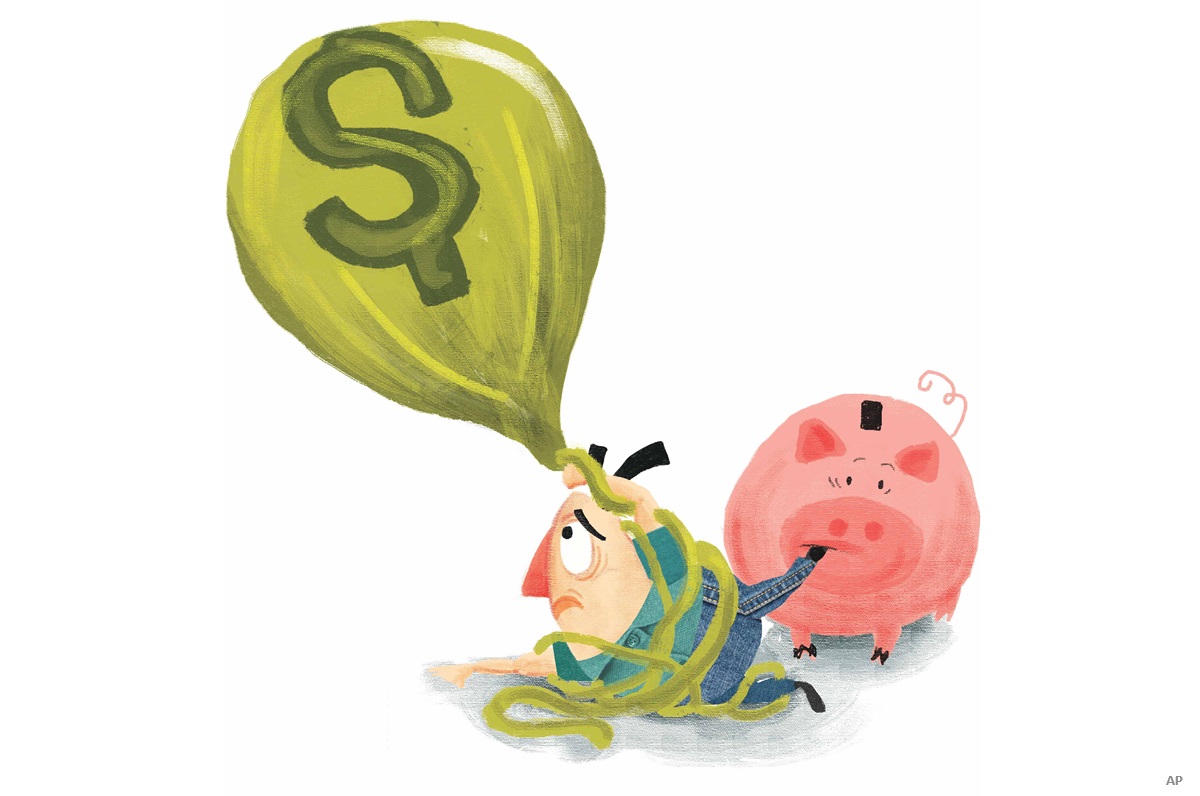
Jeff Hyrich, vice president and portfolio manager at Toronto-based Invesco Canada Ltd., is a patient professional investor who likes to develop long-term relationships with a limited number of stocks.
As the lead manager of four-star Invesco Global Endeavour Fund, his long-term commitments to superior companies have resulted in a lengthy average holding period of 13 years. During the last two years, fund turnover has been a mere 8%.
“Low turnover is more tax efficient than frequent trading, and allows us to reap the benefits of companies that grow over time,” Hyrich says. “Our 13-year average holding period is probably one of the longest in the fund industry. It goes to our style of investing, which is to buy great growth companies that are wealth ‘compounders.’ As long as they continue to be great companies and the valuations are good, we will hang on.”
Moves like Buffett
This approach is akin to that of world-famous investor Warren Buffett who likes to say his “favorite holding period is forever” and is in sharp contrast to the frenetic trading activity favoured by many investors. According to numbers compiled by U.S. based Ned Davis Research Inc. and quoted by Hyrich, the current holding period for the average stock on the New York Stock Exchange is eight months, a fraction of the eight years it stood at in the 1950’s.
Hyrich’s 18-year tenure on the fund is also indicative of his committed approach. He joined the team in 2001, and has been lead manager since February, 2007. Invesco’s Erin Greenfield, vice president and portfolio manager, has been co-manager since 2008.
A stickler for strength
The fund has a portfolio of 38 companies, all with solid growth prospects and a record of producing strong free cash flow and reinvesting it back in the business to sustain high rates of growth. Hyrich is a stickler for strong balance sheets, as “it’s hard to go bankrupt with no debt.”
The oldest holding in the fund, there since before Hyrich joined the team, is Ross Stores Inc. [ROST]. It is currently the fund’s largest holding, accounting for 7.6% of assets. The U.S.-based discount department store chain has a similar strategy to Winners Merchants International LP in Canada, focusing on the sale of off-price clothing to mid-market customers.
Ross Stores still has a long growth runway ahead of it, Hyrich says. It operates 1,700 stores across 40 states, but he says there is room to grow to more than 3,000 locations in the next 10 to 15 years as Ross expands in existing markets as well as the 12 states it has not yet penetrated, including the densely populated New York state. The company’s long-term return on equity is a “phenomenal” 45%, says Hyrich, indicating its talent for redeploying cash profitably.
A relatively recent purchase in the fund, bought when stock markets sagged last December, is Facebook Inc. [FB], a dominant player in online social media with 2.3 billion global users. Facebook stock dropped over criticism about the Russians’ use of its platform for political meddling in the U.S. election as well as inadequate privacy policies – problems that are being addressed.
Tapped into the next generation of growth
“People are spending more and more time on their smart phones and less time with traditional media such as newspapers and magazines,” Hyrich says. “Given the addictive nature of social media, there is huge potential for advertising revenue growth.”
Although Facebook suffered some public relations challenges last year, it still managed to grow its revenue an impressive 37% to US$56 billion, Hyrich says. The stock dropped a sharp 44% from a high of US$219 in July/2018 to a low of US$123 last December, presenting a compelling buying opportunity for Hyrich.
Hyrich scours the globe for investment opportunities, searching under a lot of rocks to find gems. His investment universe is “anything with a market cap of more than US$500 million” and currently the fund’s average market cap is US$13 billion. About 53% of the fund’s assets are in large capitalization stocks, 26% in midcaps and 21% in small caps.
Relative to the MSCI All Country World Mid Cap Index, which Hyrich views as the fund’s most relevant benchmark, the portfolio is overweight in Africa/Middle East, Asia Pacific (ex Japan) and the U.S. Its largest geographic exposure is to the U.S. at 54%, followed by Asia at 18%. It is underweight relative to the index in Japan and Europe.
“Our portfolio is driven by individual company characteristics and their stock prices, and there’s more opportunity in some markets than others,” he says.
Consumer stocks over energy
On a sector basis, the biggest overweight positions relative to the MSCI ACWI are in consumer discretionary stocks, followed by health care and financials. The fund is underweight in materials, energy, real estate and utilities.
“The resource businesses don’t tend to generate the returns we’re looking for,” he says.“And utilities are like bond proxies, they pay relatively high dividends but are trading at high valuations as investors search for income. They’re regulated and growth is limited. Real estate companies tend to have lots of leverage and lower returns on capital than we like.”
Looking forward, Hyrich says the key risks hanging over the market include the ongoing trade tensions between the U.S. and China, which will likely dampen the pace of growth in the global economy and bite into corporate earnings overall. Rising interest rates could also be a risk at some point, he says. However, in the near term the outlook remains positive for moderate global growth.
“We look for resilience, and seek good companies with a competitive advantage and the ability to grow throughout the economic cycle,” he says. “People do not immediately change their behavior with every piece of news. They will continue to shop at Ross Stores and drink coffee at Tim Horton’s.”






















